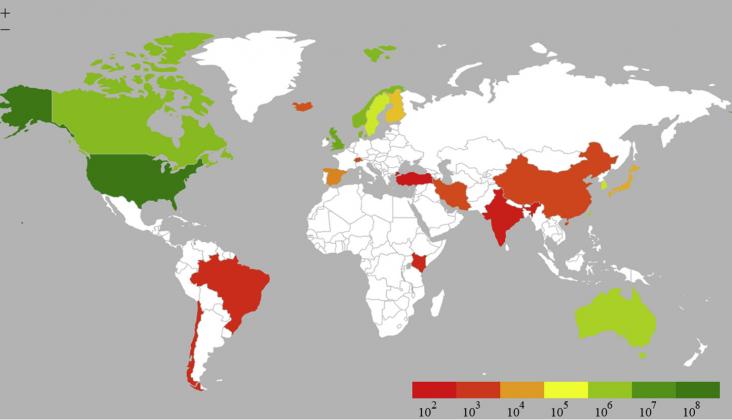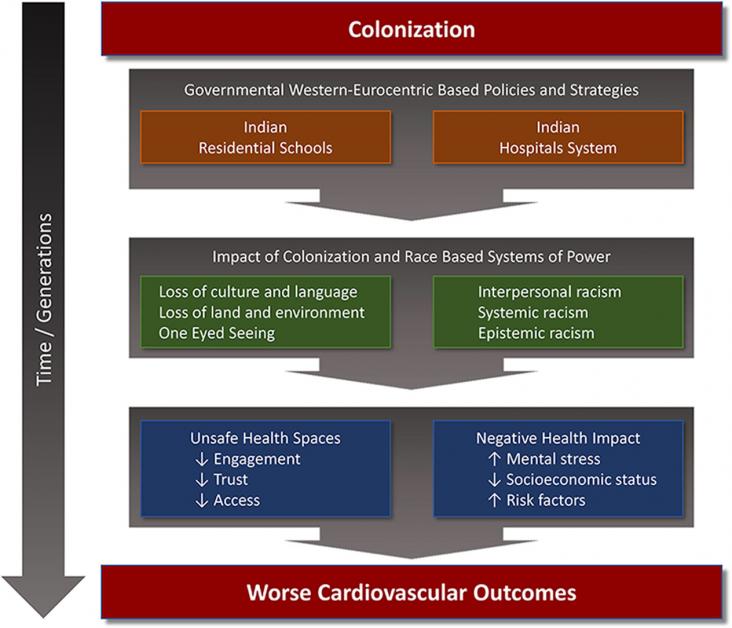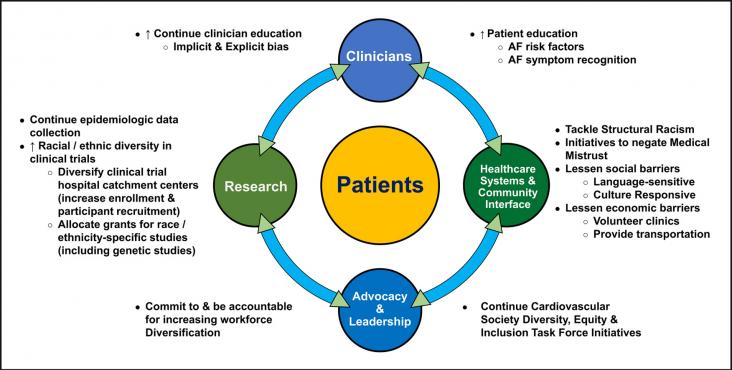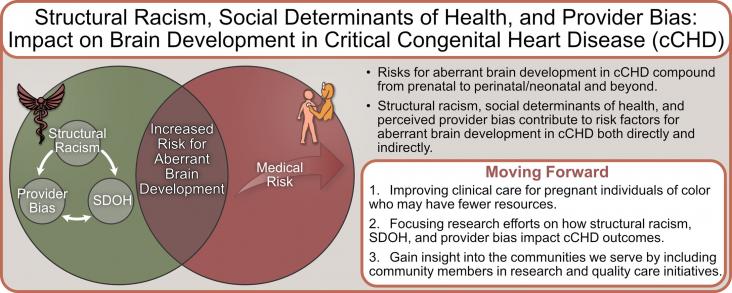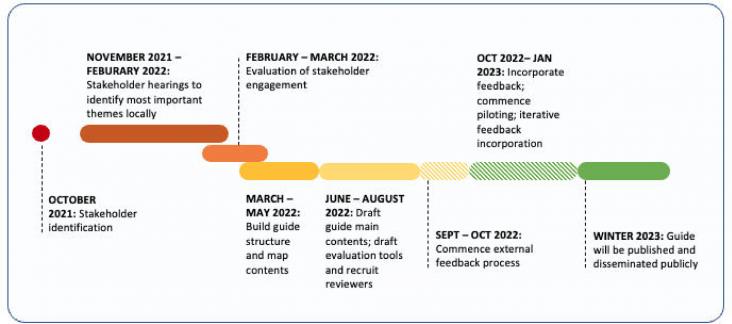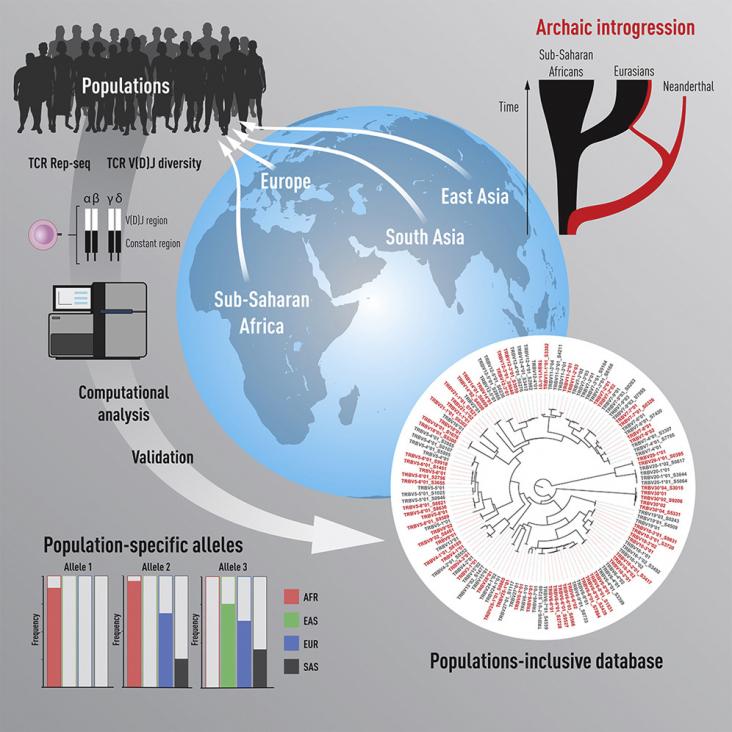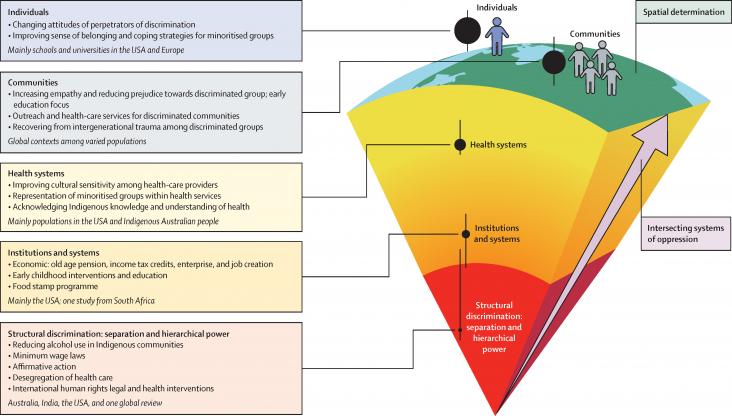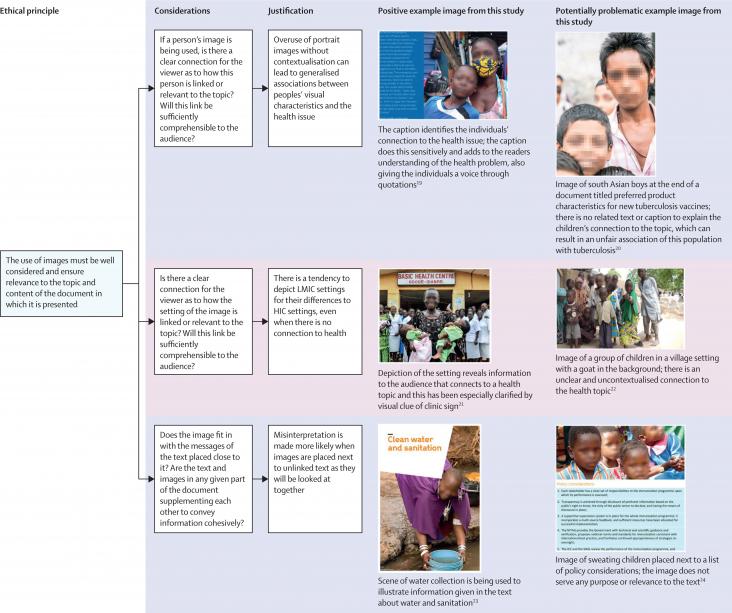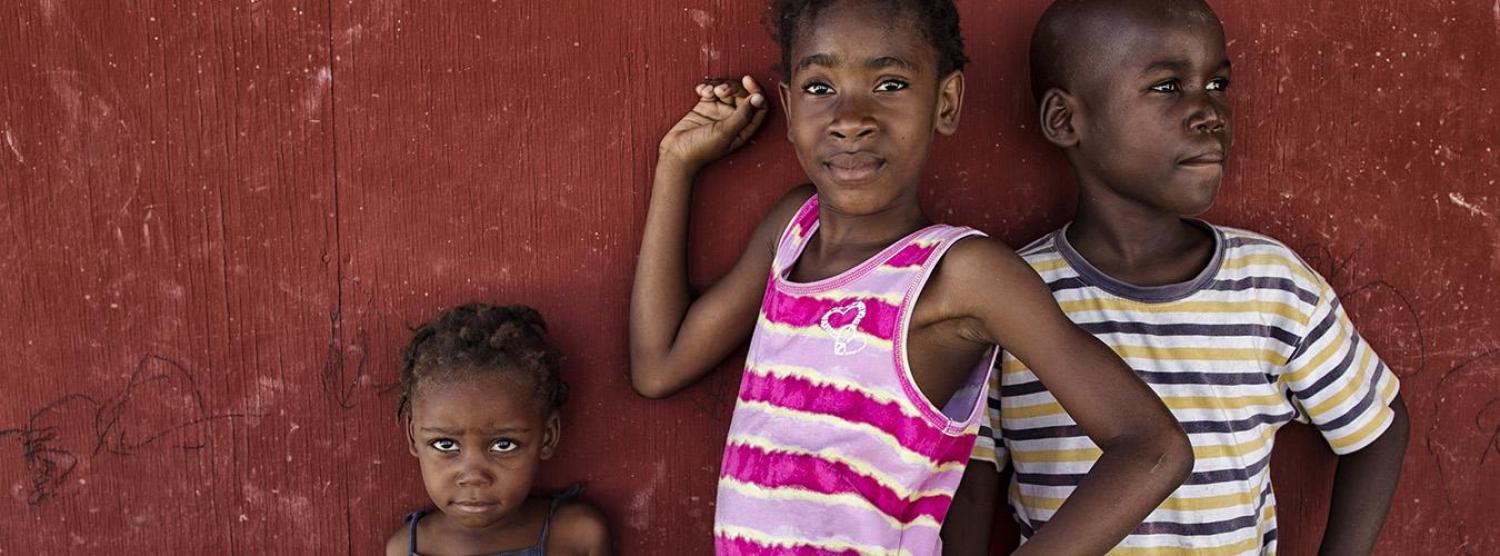
The International Day for the Elimination of Racial Discrimination is observed annually on the day the police in Sharpeville, South Africa, opened fire and killed 69 people at a peaceful demonstration against apartheid "pass laws" in 1960.
In 1979, the General Assembly adopted a programme of activities to be undertaken during the second half of the Decade for Action to Combat Racism and Racial Discrimination. On that occasion, the General Assembly decided that a week of solidarity with the peoples struggling against racism and racial discrimination, beginning on 21 March, would be organized annually in all States.
CJC Open, Volume 3, Issue 12, December 2021
CJC Open, Volume 3, December 2021
Journal of Responsible Technology, Volume 9, April 2022, 100024
The American Journal of Medicine, available online 22 December 2022
Canadian Journal of Cardiology, Volume 39, Issue 2, February 2023, Pages 133-143
The Journal of Climate Change and Health, available online 21 November 2022, 100188
The Lancet Global Health, Volume 9, December 2021
The Lancet Global Health, Volume 9, October 2021
The Lancet Global Health, Volume 9, August 2021
The Lancet, Volume 397, 8 May 2021
The Lancet, Volume 400, Issue 10368, 10–16 December 2022, Pages 2137-2146
The Lancet, Volume 400, Issue 10368, 10–16 December 2022, Pages 2049-2062
The Lancet Global Health, Volume 11, Issue 1, January 2023, Pages e155-e164
The Lancet Planetary Health, Volume 7, Issue 2, February 2023, Pages e179-e183
The Lancet Planetary Health, Volume 7, Issue 1, January 2023, Pages e97-e102
Preventive Medicine Reports, Volume 27, June 2022
Clinical Imaging, Volume 89, September 2022
Clinical Imaging, Volume 96, April 2023, Pages 9-14
Clinical Breast Cancer, Volume , 2022
The Lancet Regional Health - Europe, Volume 22, November 2022
Lancet Regional Health - Americas, Volume 15, November 2022
The Lancet Regional Health - Americas, Volume 13, September 2022
Ophthalmology, Volume 129, October 2022
Ophthalmology, Volume 129, October 2022
The Lancet Regional Health - Europe, Volume 25, February 2023, 100557
Lancet Regional Health - Americas, Volume 16, December 2022
The Lancet Regional Health - Americas, Volume 8, April 2022
Low-Cost Aviation, 2022, Pages 83-97
Integrating Mental Health and Disability Into Public Health Disaster Preparedness and Response, 2022, Pages 147-169
